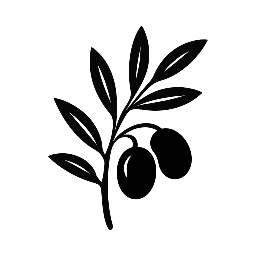Teaching Resources
Holocaust Education in the Portuguese National Curriculum (Secondary Schools)
Portugal has integrated Holocaust education into its national curriculum through several subject areas and educational strategies, particularly following its membership in the International Holocaust Remembrance Alliance (IHRA). see Appendix at the foot of this page,
With reference to a visit to our Exhibition the following could be adapted for follow up exercises
📚 Lesson Structure (90 minutes)
1. Warm-Up Discussion (15 min)
- Prompt: “What does it mean to risk your life for someone of another faith?”
- Introduce the concept of Righteous Among the Nations and Yad Vashem.
2. Case Studies (30 min)
Students work in small groups to explore real stories:
- Zejneba Hardaga (Bosnia): Hid her Jewish friends near Gestapo HQ
- Si Kaddour Benghabrit (France): Used mosque records to protect Jews
- Albanian Muslims: Rescued all Jews in Albania under the code of Besa
- Christian rescuers: Include examples from Portugal or broader Europe.
Each group summarizes:
- Who was involved?
- What risks did they face?
- What values motivated their actions?
3. Reflection Activity (20 min)
Students write a short personal response or journal entry:
“Imagine you are a young person in Nazi-occupied Europe. What would you do if your neighbor was in danger because of their religion?”
Encourage use of Portuguese for language practice.
4. Class Discussion & Connection to Today (15 min)
What lessons can we apply to modern issues of discrimination and solidarity?
How do these stories challenge stereotypes?
Optional Extensions
- Translate excerpts from the exhibition booklet into Portuguese.
- Create a classroom exhibition or digital presentation on “Righteous Acts.”
- Invite students to research Portuguese rescuers like Aristides de Sousa Mendes.
Appendix
Subject Areas and Grade Levels
- 9th Grade – History: Introduction to World War II and the Holocaust, focusing on historical context and consequences.
- 11th Grade – History B: Deeper exploration of totalitarian regimes, antisemitism, and genocide.
- 12th Grade – History A: Advanced study of 20th-century history, including the Holocaust’s impact on European and global politics.
- 12th Grade – History, Cultures and Democracy: A newer subject that includes Holocaust memory, human rights, and democratic values.
Citizenship and Development
- Integrated across secondary education, this subject includes:
- Human Rights education
- Combatting discrimination, antisemitism, xenophobia, and racism
- Promoting democratic values and social justice
